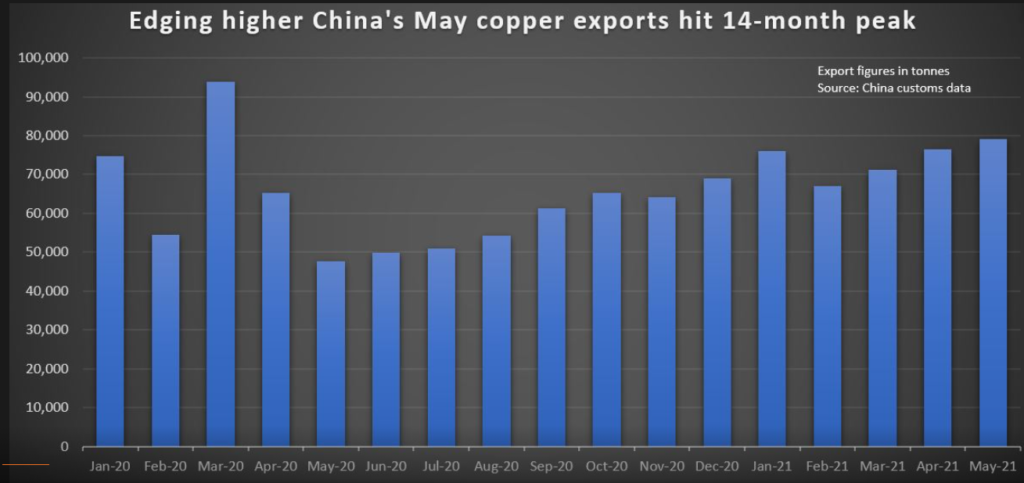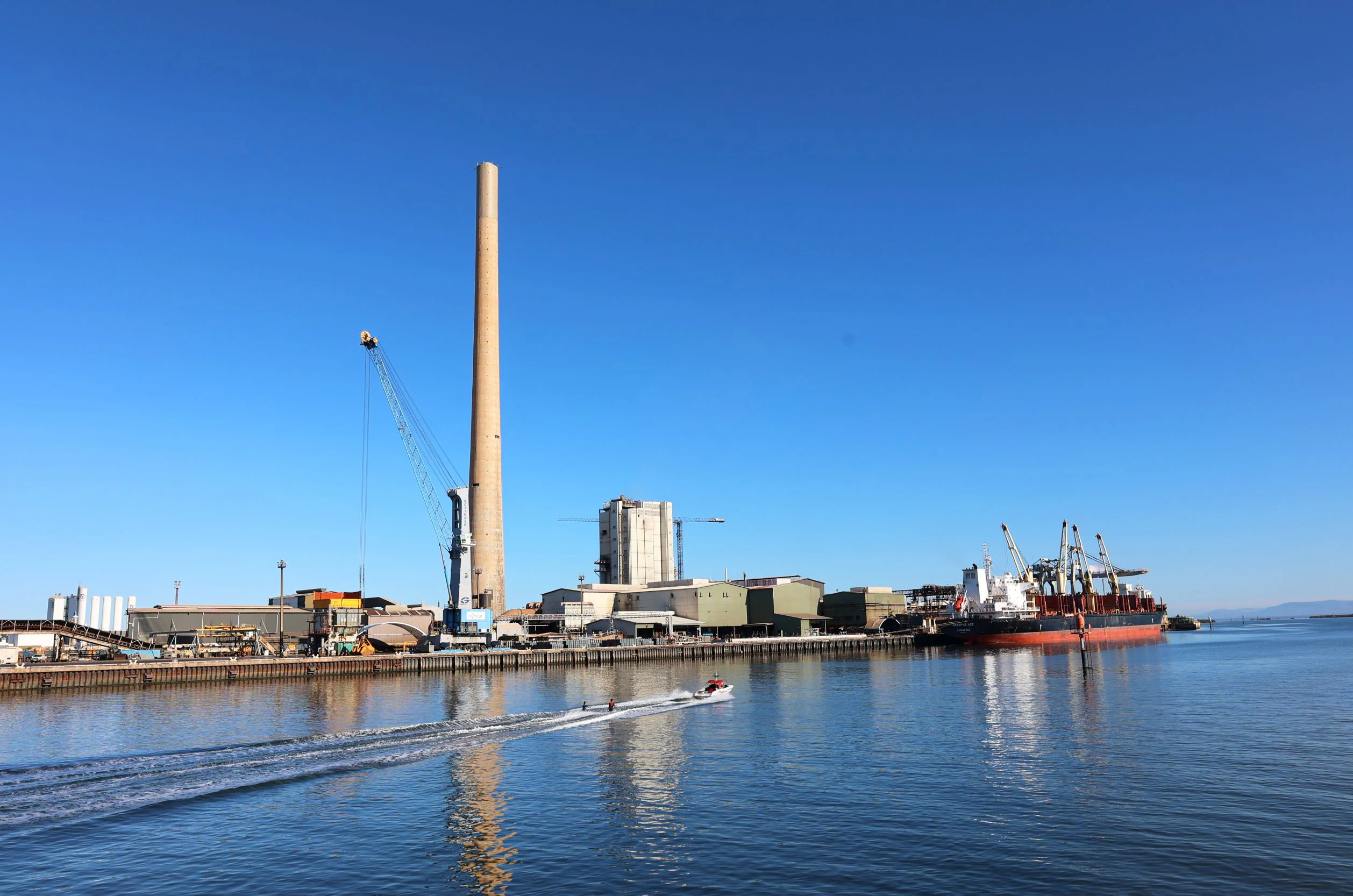Russell: China’s first round of copper, zinc, aluminum auctions fails to impress

(The opinions expressed here are those of the author, Clyde Russell, a columnist for Reuters.)
China has released details of its first round of auctions of non-ferrous metals from its state reserves, and the market reaction was underwhelming at best.
The National Food and Strategic Reserves Administration said on Tuesday that it will auction 20,000 tonnes of copper, 30,000 tonnes of zinc and 50,000 tonnes of aluminum on July 5-6.
The rare auction of strategic reserves forms part of Beijing’s efforts to take the heat out of red hot commodity markets, which have seen metals such as copper and iron ore reach all time highs amid a surge in demand as the world recovers from the coronavirus pandemic.
However, initial market reaction to the announcement of the auctions would indicate that the volumes being offered are too small to make much of a difference in the world’s largest importer, producer and consumer of industrial metals.
The amount of copper being sold is just 2.3% of China’s output of the refined metal in May, and 4.4% of imports of unwrought copper in the same month.
For zinc, the auction represents about 5.7% of monthly output in China, and for aluminum it’s just 1.5% of May’s production.
It could be that Chinese authorities are just testing the market to see what the appetite is for the sales, and will ramp up volumes in subsequent auctions.
But for now, the market reaction is probably well short of what the authorities would have wanted.
The most-active Shanghai Futures Exchange (ShFE) copper contract rose from a close of 66,780 yuan ($10,321) a tonne on June 21, the day before the auction announcement, to end 2% higher at 68,130 yuan on Wednesday.
The contract continued to gain in early trade in Asia on Thursday, and at 69,360 yuan a tonne was above the close of 69,020 yuan on June 16, the day before the state planner announced that auctions of reserves would be held.
It’s much the same for the three-month ShFE aluminum contract, which ended at 18,856 yuan a tonne on Wednesday, up 3% from the close on June 21, and also above the close of 18,670 yuan on June 16.
For zinc, the ShFE three-month contract ended at 21,650 yuan a tonne on Wednesday, up 0.8% from the close on June 21, but still some 3.7% below the close on June 16.

Opening salvo
It’s worth noting that zinc has the highest percentage of monthly output going to auction, and its price action has been weaker than that for copper and aluminum.
This suggests that if Beijing wanted to lower the prices of the three metals, it could perhaps do so by releasing even more from state reserves.
For copper in particular the authorities would likely have to release sufficient volumes that it would no longer make economic sense to import the metal.
But this would set up a disconnect between Chinese domestic and international prices, something that traders have in the past found ways to exploit to book profits. In doing so, they could perhaps undermine the aims of the authorities to lower prices in a sustained manner.
Already China’s copper exports are strong, rising for a third month in May to the highest level since March last year.
For now, it’s probably best to view China’s announcement of a first round of auctions of copper, zinc and aluminum as an opening shot in what may be a longer battle.
While the first shot looks to have been from too small a gun, it’s certainly the case that Beijing has bigger cannons in its arsenal.
(Editing by Richard Pullin)
More News
{{ commodity.name }}
{{ post.title }}
{{ post.date }}




Comments